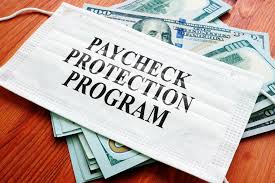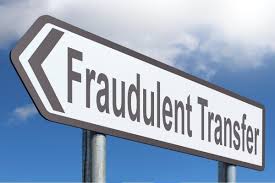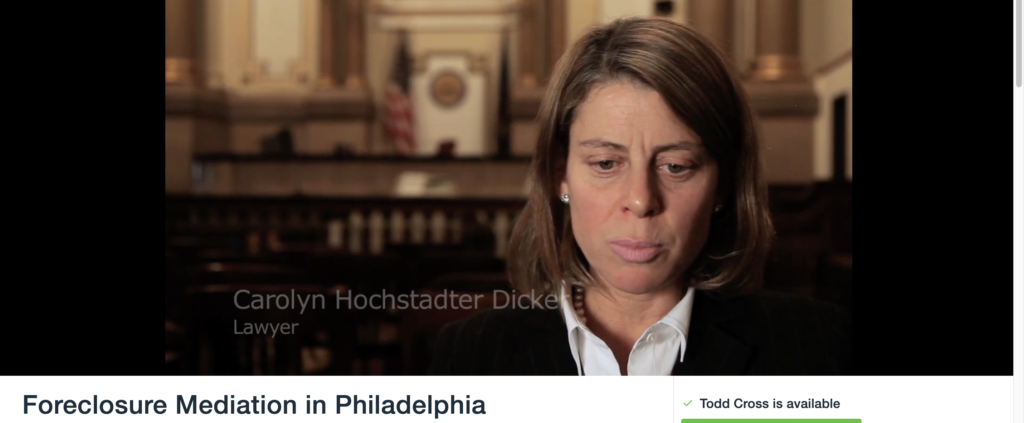Media
Is a PA Gaming License property that can be clawed back in bankruptcy?
The Commonwealth of PA was recently permitted to sustain revocation of a debtor’s gaming license and keep the $50M paid per state forfeiture laws, as a license is considered a privilege versus reclaimable property. This is yet another example of the intricacies of pre-bankruptcy planning, as lawyers and debtors collaborate to re-tool with minimal friction.
Read MoreAverting Bankruptcy: PPP loan forgiveness to be launched
The SBA is thankfully beginning to forgive PPP loans, staving off the backlog blocking new loans, as well as averting bankruptcy filings in the face of mounting debt. Legislation is also being drafted to streamline the paperwork for forgiving small loans, by permitting borrowers to self-verify to the proper use of funds.
Read MoreDemystifying Bankruptcy: More on tenant tips
Filing for bankruptcy can help a tenant break a long-term above-market lease, as bankruptcy law provides the tenant with a special cap on damages at three years rent. Planning ahead is key, and on the flip side, a landlord can head off a potential major loss by keeping tabs on its tenants’ financial portfolios as…
Read MoreDemystifying Bankruptcy: Filing for bankruptcy can never cause a contract default
For example, a typical clause in leases states that a tenant’s filing for bankruptcy causes a default, allowing the collection of remedies. This is merely a scare-tactic and is known as an ipso facto clause that has zero legal effect. In fact, a bankrupt tenant can even make the unilateral decision to continue the lease.
Read MoreDemystifying Bankruptcy: Avoid “fraudulent transfers”
A salary raise by a distressed business entity for no services, or transfer of funds to a new entity for no value are prime examples of fraudulent transfers, as reasonably equivalent value has not been exchanged. These deals are vulnerable to unwinding, but with advance planning, the outcome can be a win-win for all.
Read MoreDemystifying bankruptcy: Start your prep 3+ months ahead
Planning is key. Payment by an insolvent entity for old debt is known as a “preference,” and the creditor may have to disgorge in bankruptcy if it received a greater payout than it would in Chapter 7. As the key to bankruptcy is equitable distribution, the creditor will be paid only its pro rata share. To…
Read MoreWharton Student Comments 2018
Wharton Student Comments 2018
Read MoreDefending Homeowner’s Rights in Philadelphia’s Court of Common Pleas 2010
Philadelphia’s Mortgage Foreclosure Conciliation Program https://vimeo.com/16462739
Read More







